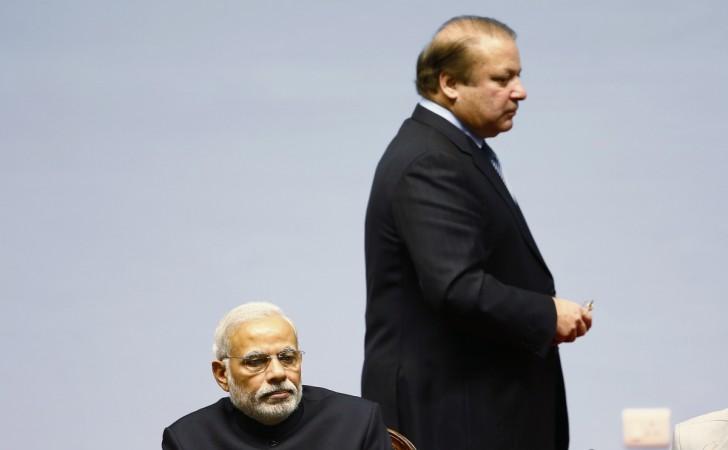
Pakistan approached the International Court of Justice on Tuesday after reports emerged that India was reviewing the Indus Waters Treaty to take tough steps against the country in wake of the terror attacks in the Uri district of Jammu and Kashmir that claimed the lives of 18 soldiers.
The World Bank, that brokered the agreement between India and Pakistan, has also been approached by senior Pakistani officials.
Attorney General for Pakistan Ashtar Ausaf Ali led a delegation of the Pakistan government to meet with World Bank officials at their headquarters in Washington DC. The delegation requested for an early appointment of judges for a Court of Arbitration, according to media reports. The Bank said that it would fulfill its obligations under the treaty on time while remaining neutral.
The World Bank had brokered the Indus Waters treaty in 1960 and has an important role in establishing the Court of Arbitration by facilitating the appointment of three Umpires (judges) to the Court. Each country can appoint two arbitrators.
Sartaj Aziz, Advisor to Prime Minister Nawaz Sharif on Foreign Affairs, had told the national assembly on Tuesday that "international law states India can't unilaterally separate itself from the treaty. This act of revocation can be taken as an act of war."
He added that if India revokes the treaty, it would be considered a "breach of international peace" and would give Pakistan "a good reason to approach the UN Security Council."
However, former Foreign Secretary of India Salman Haider has said that "Pakistan can't just approach the World Bank and try to leap over the structures established under the treaty."
The Indus Waters Treaty, which was signed in 1960 between then Prime Minister Jawaharlal Nehru and Pakistan's president General Ayub Khan, has survived two wars and tensions between the two countries. It classified the six rivers - Sutlej, Beas, Ravi, Jhelum, Chenab and Indus - as eastern and western rivers. The eastern rivers included Sutlej, Beas and Ravi, while Jhelum, Chenab and Indus were classified as western rivers.
India has full rights over the eastern rivers under the treaty but the western rivers flow to Pakistan "unrestricted" with India allowed to use the waters in a "non-consumptive" manner.
The treaty also provides specific criteria for designing any hydro-electric power plants that India decides to build. Indian officials on Tuesday said that India would build more power plants along the three rivers, a move that is likely to upset Pakistan.
Pakistan has accused India of violating the design criteria of the treaty with regard to the Kishenganga and Ratle hydroelectric plants.
The government, after a meeting chaired by Prime Minister Narendra Modi on Tuesday, decided that India would "exploit to the maximum" the waters of the rivers (under the neighbouring country's control) including Jhelum, in accordance with the treaty.
India has let Pakistan utilise the waters of the rivers under its control and has not fully exploited its 20 percent share under the treaty. However, officials said that the situation is likely to change.
India has been trying to isolate Pakistan on all global platforms including the Saarc Summit which is scheduled to be held in Islamabad from November 6. Bangladesh, Bhutan and Afghanistan have also boycotted the Summit after India pulled out of the event. Sri Lanka has said that it would not attend the event if India pulls out.









!['Had denied Housefull franchise as they wanted me to wear a bikini': Tia Bajpai on turning down bold scripts [Exclusive]](https://data1.ibtimes.co.in/en/full/806605/had-denied-housefull-franchise-they-wanted-me-wear-bikini-tia-bajpai-turning-down-bold.png?w=220&h=138)



